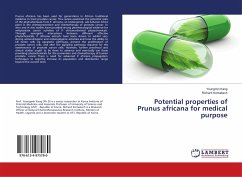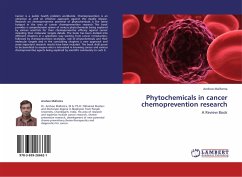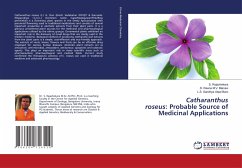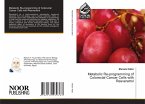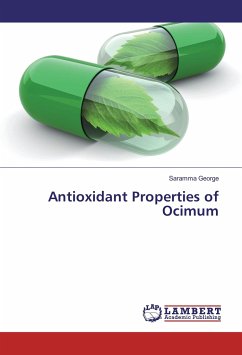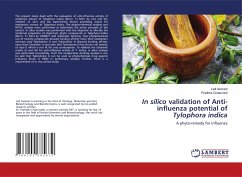Prunus africana has been used for generations in African traditional medicine to treat prostate cancer. This review examined the potential roles of the phytochemicals from P. africana, an endangered, sub-Saharan Africa plant in the chemoprevention and chemotherapy of prostate cancer. In vitro and in vivo studies have provided strong pharmacological evidence for antiprostate cancer activities of P. africana-derived phytochemicals. Through synergistic interactions between different effective phytochemicals, P. africana extracts have been shown to exhibit very strong antiandrogenic and antiangiogenic activities and have the ability to kill tumor cells via apoptotic pathways, prevent the proliferation of prostate cancer cells, and alter the signaling pathways required for the maintenance of prostate cancer cells. However, further preclinical and clinical studies ought to be done to advance and eventually use these promising phytochemicals for the prevention and chemotherapy of human prostate cancer. There is need for advanced P. africana propagation techniques to urgently increase its population and distribution range beyond the current level.
Bitte wählen Sie Ihr Anliegen aus.
Rechnungen
Retourenschein anfordern
Bestellstatus
Storno

